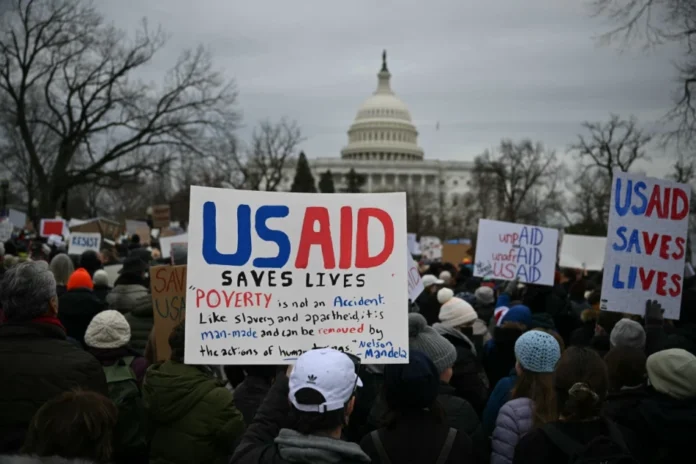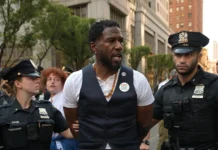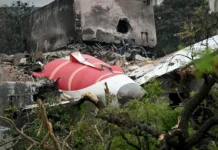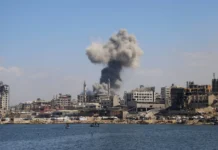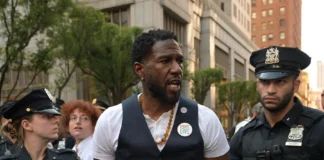The United States Agency for International Development (USAID), the backbone of U.S. foreign humanitarian aid for more than six decades, has officially shut down, sending shockwaves through the global development and relief community.
The decision, announced by U.S. Secretary of State Marco Rubio, marks the end of a 64-year run of American-led humanitarian assistance. Effective immediately, foreign aid will now be channeled through the State Department, with a new emphasis on aligning assistance with the Trump administration’s foreign policy objectives and American strategic interests.
“While the United States has been generous in funding humanitarian efforts, that generosity has not always been met with reciprocal support for American interests,” said Rubio. He criticized nations—particularly in Sub-Saharan Africa and the Middle East—for voting against the U.S. in multilateral forums like the United Nations, despite receiving billions in aid.
USAID was instrumental in providing food assistance, vaccinations, disease prevention, and economic development, especially in Africa and Asia. It has been a lifeline for millions, notably in regions afflicted by poverty, disease, and conflict. Its closure is already reverberating across Sub-Saharan Africa, where healthcare, agriculture, and education programs have begun to shut down due to abrupt funding gaps.
A damning report published by The Lancet projects that the withdrawal of USAID support could lead to the deaths of up to 14 million people globally by 2030, including 4.5 million children under the age of five. The report highlights a looming collapse in HIV/AIDS and malaria prevention programs, particularly in Africa, where USAID played a central role in delivering free antiretroviral treatment and vaccines.
Since its inception, USAID is credited with having prevented approximately 91 million deaths through its global health initiatives, including combating neglected tropical diseases.
Kenya is among the countries already feeling the brunt of the closure. Critical sectors such as public health and agriculture are experiencing mass layoffs and halted projects. Healthcare programs targeting HIV, maternal health, and child nutrition have been particularly affected.
Rubio defended the decision, also citing mismanagement and misuse of funds by non-governmental organizations (NGOs) as another justification for ending the program, arguing that American taxpayers deserve greater accountability.
As USAID shutters its operations, the world faces a deepening humanitarian crisis, one experts warn could have irreversible consequences for vulnerable populations in the years ahead.
Written By Rodney Mbua



